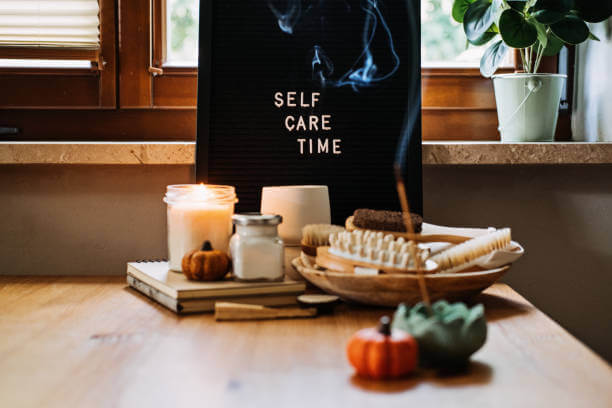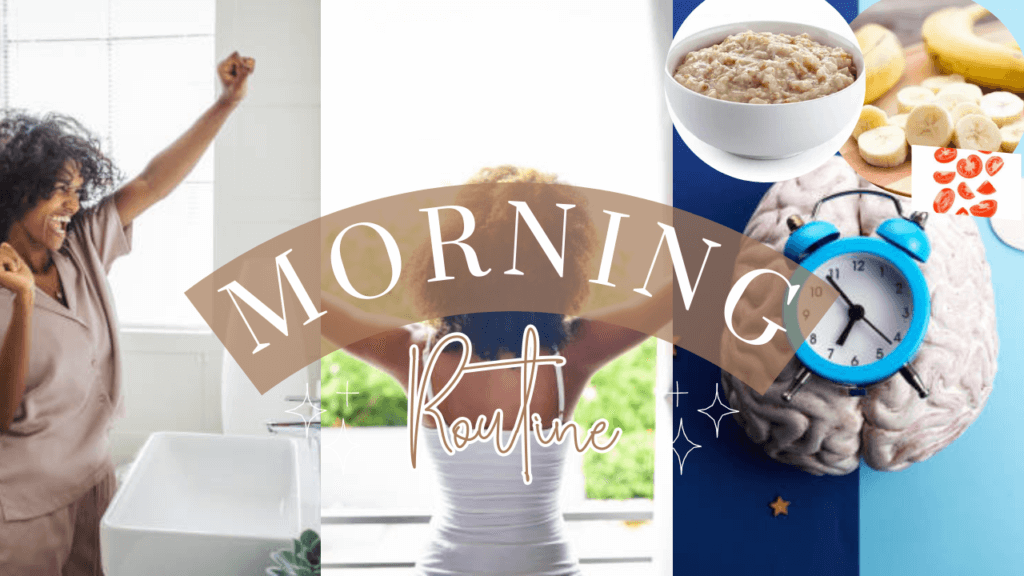Introduction
Anxiety has become an increasingly prevalent mental health concern in today’s fast-paced and demanding world. While some level of anxiety is normal, excessive and chronic anxiety can significantly impact our overall well-being. Beyond external stressors, our everyday habits and routines can play a crucial role in exacerbating anxiety symptoms. By identifying these habits, we can take proactive steps to manage and reduce anxiety in our lives.
What is Anxiety?
Anxiety is a natural and common human emotion characterized by feelings of unease, worry, nervousness, or fear, typically about future events or uncertain situations. It can manifest as both a mental and physical response, including racing thoughts, restlessness, sweating, trembling, and an increased heart rate. While occasional anxiety is a normal part of life, excessive or chronic anxiety that interferes with daily functioning may be indicative of an anxiety disorder, which can require professional help and treatment. In this article, we will explore some common everyday habits that may increase anxiety and provide practical strategies for addressing them.
1. Poor Sleep Patterns:
Inadequate sleep or disrupted sleep patterns can contribute to heightened anxiety levels. Lack of sleep affects cognitive function, increases stress hormone levels, and disrupts emotional regulation. To promote better sleep hygiene, establish a consistent sleep schedule, create a calming bedtime routine, limit screen time before bed, and create a comfortable sleep environment. While soothing music brings relaxation to some individuals, interestingly, I find that watching a movie is what induces a calming effect and helps me fall asleep. You have to create what will work for you and be consistent with it.
Also Read Healthy Morning Routine Tips
2. Information Overload:
Constant exposure to news, social media, and digital screens bombards us with information, often creating a sense of overwhelm and anxiety. Limit your exposure to negative news, set boundaries for screen time, and practice mindful consumption of media. Engage in activities that promote relaxation and allow your mind to disconnect from the constant influx of information.
The time when EndSars trended remains vivid in my memory. The overwhelming impact it had on me was immense, to the point where I could no longer engage in activities I typically enjoyed. Even prior to the Twitter ban, I made the decision to delete my Twitter account for the sake of my mental well-being. Regrettably, there are individuals like us who find it challenging to handle negative news and its repercussions.
3. Procrastination and Poor Time Management:
Procrastination and poor time management can lead to heightened stress levels and a sense of being overwhelmed. Break tasks into smaller, manageable steps, create to-do lists and prioritize your activities. Effective time management reduces the risk of feeling rushed and helps alleviate anxiety related to deadlines and commitments. I cannot stress enough the importance of having a to-do list. It relieves the mental burden and provides a sense of relaxation, knowing that all your events and tasks are documented and organized. Whether you choose to use a piece of paper or an app on your phone, having a to-do list significantly reduces the likelihood of feeling rushed and alleviates the fear associated with deadlines and commitments.
4. Avoidance of Social Interactions:
Isolating oneself can perpetuate and worsen symptoms over time. While socializing may feel challenging, gradually exposing yourself to social interactions can help alleviate anxiety. Start small by connecting with close friends or family members and gradually expand your social circle. Consider joining support groups or engaging in activities that align with your interests.
Conclusion:
By recognizing and addressing everyday habits that may increase anxiety, we can take proactive steps towards better mental well-being. It is important to remember that seeking professional help from a mental health provider is always beneficial if you find that anxiety symptoms persist or significantly affect your daily life. Their expertise and guidance can provide valuable support in managing and addressing anxiety. With commitment and dedication, we can cultivate habits that foster a calmer and more peaceful state of mind, contributing to our overall well-being.



